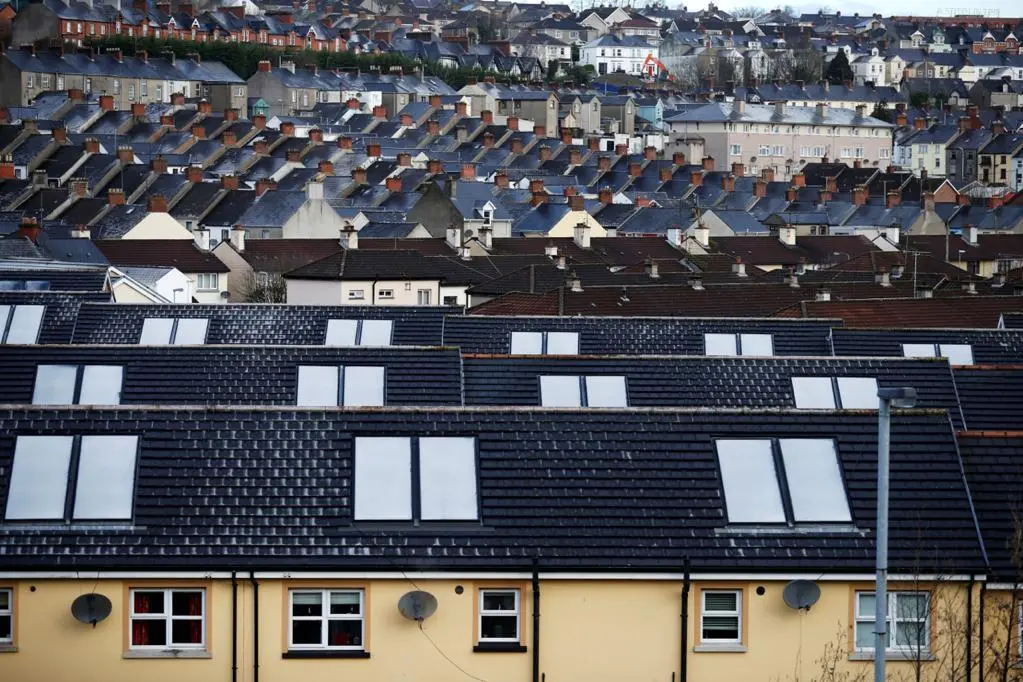PHOTO
DUBLIN- Ireland's opposition to a proposed overhaul of global corporate tax rules has not changed ahead of plans to finalise a deal next month and it is closely watching the progress of reforms in the United States, Finance Minister Paschal Donohoe said on Monday.
Ireland, the low tax European headquarters for many of the world's largest multinationals, has so far declined to sign up to an agreement struck by 132 of 139 negotiating countries, primarily over a proposed minimum rate of "at least" 15%. Ireland's corporate tax rate is just 12.5% rate, and it argues that the proposed target lacks certainty.
G20 finance ministers are due to meet in mid-October to finalise the agreement reached in July at the Paris-based Organisation for Economic Cooperation and Development (OECD).
"What I'm doing is focusing to see if it is possible for Ireland to join the agreement. But we are still some bit away from that," Donohoe told a joint news conference with EU Economics commissioner Paolo Gentiloni on Monday.
Ireland, whose economy is hugely reliant on the mainly U.S. based multinational firms that employ around one-in-eight workers, has resumed talks with OECD officials on its concerns but it remains to be seen if progress can be made, Donohoe said.
Agreement from Ireland, one of the countries that has benefited most from low corporate taxes, would be a boost for the project to impose a minimum global rate. Ireland and other holdouts cannot block the proposed changes, but if Ireland were to maintain its lower tax rate, companies that book profits there could be forced to pay additional tax elsewhere.
President Joe Biden's U.S. administration has driven the push to reach a global agreement this year. But the envisioned reforms require approval in the U.S. Congress.
Leading U.S. Democrats last week proposed raising the minimum tax rate on corporate overseas income to about 16.5% as they began weeks of negotiations.
A report by officials in Donohoe's department noted last week that U.S. lawmakers are divided on the reforms and it is uncertain whether sufficient support can be achieved before the timeline for agreement at the OECD next month.
"American participation in this is absolutely essential to whether an agreement can be reached... I think we'll all want to see the status of that process (in the United States) as we look to see if a final agreement is possible," Donohoe said.
Gentiloni said he was quite confident that a global deal can be finalise and that he wanted all EU member states on board.
(Reporting by Padraic Halpin Editing by Michael Holden and Peter Graff) ((michael.holden@thomsonreuters.com; +44 207 542 3213; Reuters Messaging: michael.holden.thomsonreuters.com@reuters.net))





















